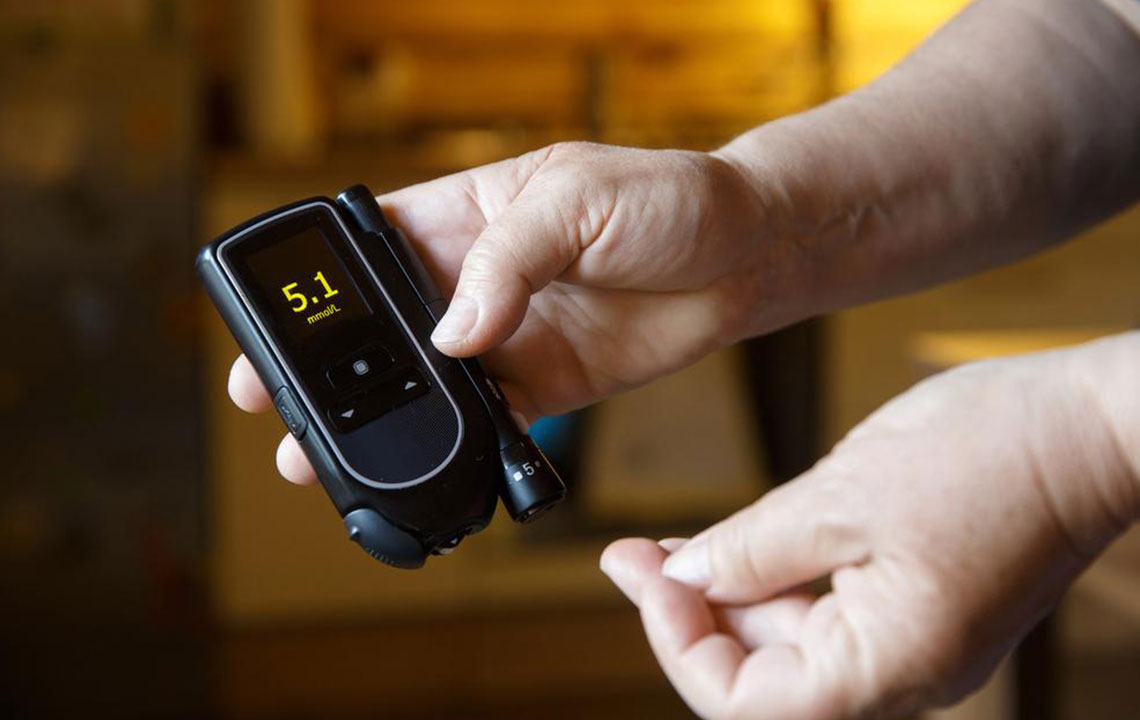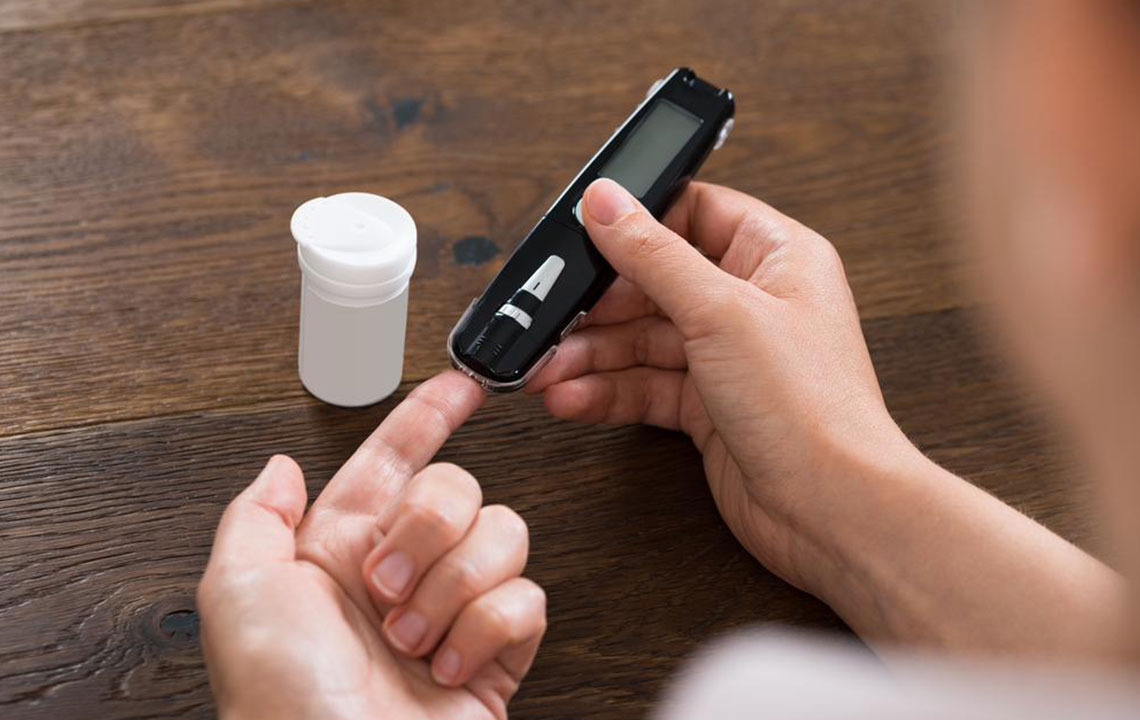Effective Strategies for Managing Blood Sugar Levels
Discover effective strategies for controlling blood glucose levels, including diet tips, exercise routines, and lifestyle habits essential for people with diabetes. Maintaining proper blood sugar levels is key to preventing complications and ensuring overall wellness. Learn how consistent eating, choosing healthy carbs, exercising regularly, and sleep management can help you achieve optimal glucose control. This comprehensive guide emphasizes the importance of monitoring and consulting healthcare professionals to stay on track and live a healthier life.

Effective Strategies for Managing Blood Sugar Levels
Maintaining stable blood sugar levels is essential for overall health, especially for individuals with diabetes. When the pancreas cannot produce enough insulin or the body becomes resistant to insulin, blood glucose can become unpredictable. Proper management involves a combination of a balanced diet and regular physical activity to keep these levels in check.
Key tips for effective blood sugar management include:
Consistent Meal Times: Skipping meals, especially breakfast, can cause blood sugar spikes as your liver releases glucose. Regular, balanced meals help maintain steady levels.
Choose Healthy Carbohydrate Sources: Incorporate complex carbs like beans, vegetables, and whole grains to avoid spikes and ensure vital nutrients.
Use Meal Replacements Wisely: Diabetic-friendly shakes and protein bars can be convenient options when you're on-the-go—always check labels for healthy ingredients.
Incorporate Green Tea: Replacing sugary drinks with green tea reduces calorie intake, offers antioxidants, and enhances insulin sensitivity.
Include Vinegar in Diet: Adding vinegar to salads can slow digestion and stabilize blood sugar levels, but consult your doctor first.
Prioritize Sleep: Adequate rest balances hormones that regulate appetite and insulin, preventing blood sugar fluctuations.
Engage in Regular Exercise: Activities like walking, swimming, or yoga boost metabolism, improve sleep, and help stabilize blood glucose. Aim for at least 30 minutes daily.
Follow a Low-GI Diet: Foods such as whole grains, non-starchy vegetables, legumes, and oats can help keep blood sugar levels steady. Monitor portion sizes to prevent overconsumption.
If you experience symptoms like abnormal temperatures or blood presence in urine, seek emergency medical attention immediately. Regular check-ups and vigilant monitoring of your diet and activity levels are vital for effective blood glucose management. Always consult healthcare professionals for personalized advice and before making significant lifestyle changes.
Note:
This article offers practical guidance on maintaining healthy blood sugar levels through diet, exercise, and lifestyle adjustments. While informative, it should not replace professional medical advice. Always consult your healthcare provider for personalized recommendations and treatment plans.










